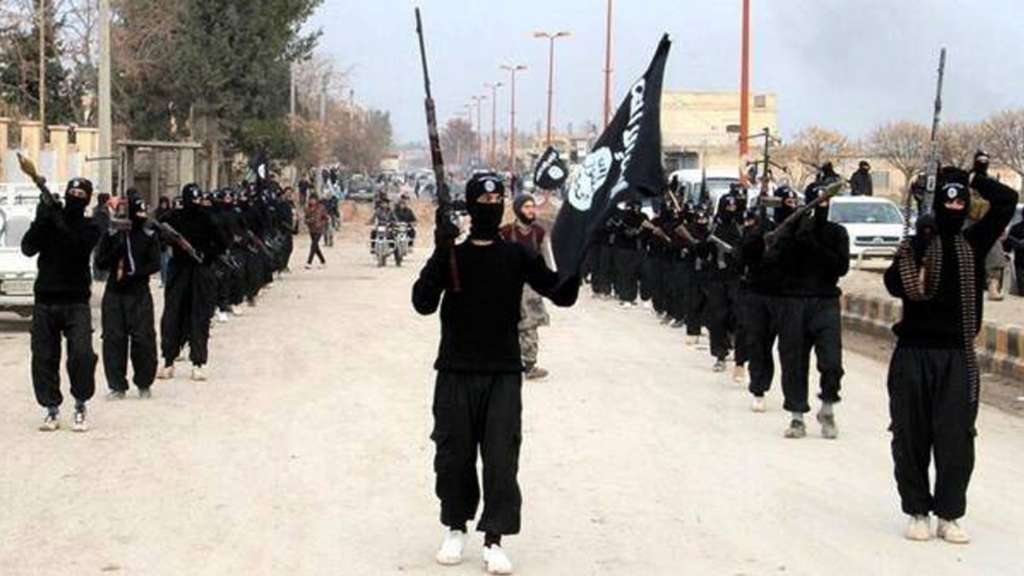Dubai- There are a lot of differences between “religion” and “religious devoutness”. Religion is the supreme teachings of God while “devoutness” is an individual or collective choice that may be taken towards one of these two directions: additional tolerance, compassion, and acceptance of the other; or extremism, hatred of the other and a belief in one exclusive truth.
But the difference between the “devoted extremist individual” and the member of a radical or fundamental organization is less remarkable. Members in such groups should obey the Emir and abide by the main principles of the organization. He should dedicate his freedom, life, and individualism to serve the main goals of the organization to bring back the old glory of the nation.
We will try to highlight how these fundamentalists choose an extremist organization then decide to move on to another one. In the majority of cases, members tend to choose the more extremist organization.
Beginnings between “Tablighi Jamaat” and “Muslim Brotherhood”
The beginnings of “Da’wa” in villages and cities emerge often through “Da’wa groups” that focus on teaching people the religion based on their own vision and concepts. The first group is “Tablighi Jamaat”, which was established in India in 1916, launched its activity in the Arab world in 1950. This group didn’t declare any opposition for the governments but filled people’s brains with a heavy religious speech on society reform and on the importance of going to mosques.
“Tablighi Jamaat” was the first phase for many of leaders who run fundamental groups such as Osama bin Laden and Rached Ghannouchi, leader of the Renaissance Movement in Tunisia.
“Tablighi Jamaat” has focused its efforts on people who have no ideologies and fill them with strong desire to work and change the world till they reach the concept of “Jihad’.
In the majority of cases, members who belong to this “Jamaat” never find answers for their questions. Therefore, many of them decide to leave the group join another, which will often be more fundamental or extremist.
As per fundamentalism, it has always emerged in schools, universities, institutions and syndicates to direct people toward Islamic politics, which has sought to find an alternative for the state in all levels, starting with sports, social and service work, and even in the parliament and the government. This leverage of change has mainly attracted youth and teenagers who gradually became enrolled in training camps belonging to organizations.
The “Muslim Brotherhood” focuses on people who are already religiously devoted. With rational talk and historical facts, they attract more members. Their ideology seems logical for this type of people that has allowed the Brotherhood to participate in the political, national, regional and international matters. The membership in such organization provides seekers with the answers they are looking for. Therefore, the decision to split from the “Muslims Brotherhood” often comes to reject the whole extremist intellect and abandon the Islamic system.
From politics to violence
Usually, the belief in the cause of Islamic politics has been translated into violent acts aiming at bringing back the Caliphate State. This transformation toward radical fighting relies on three main concepts in the individual recruitment of members:
1. citing sayings of rulers on loyalty and obedience
2. focusing on the expiation of communities and regimes and on calls to topple them
3. adopting violence and fighting as an only mean to topple regimes and particularly those considered as apostates
